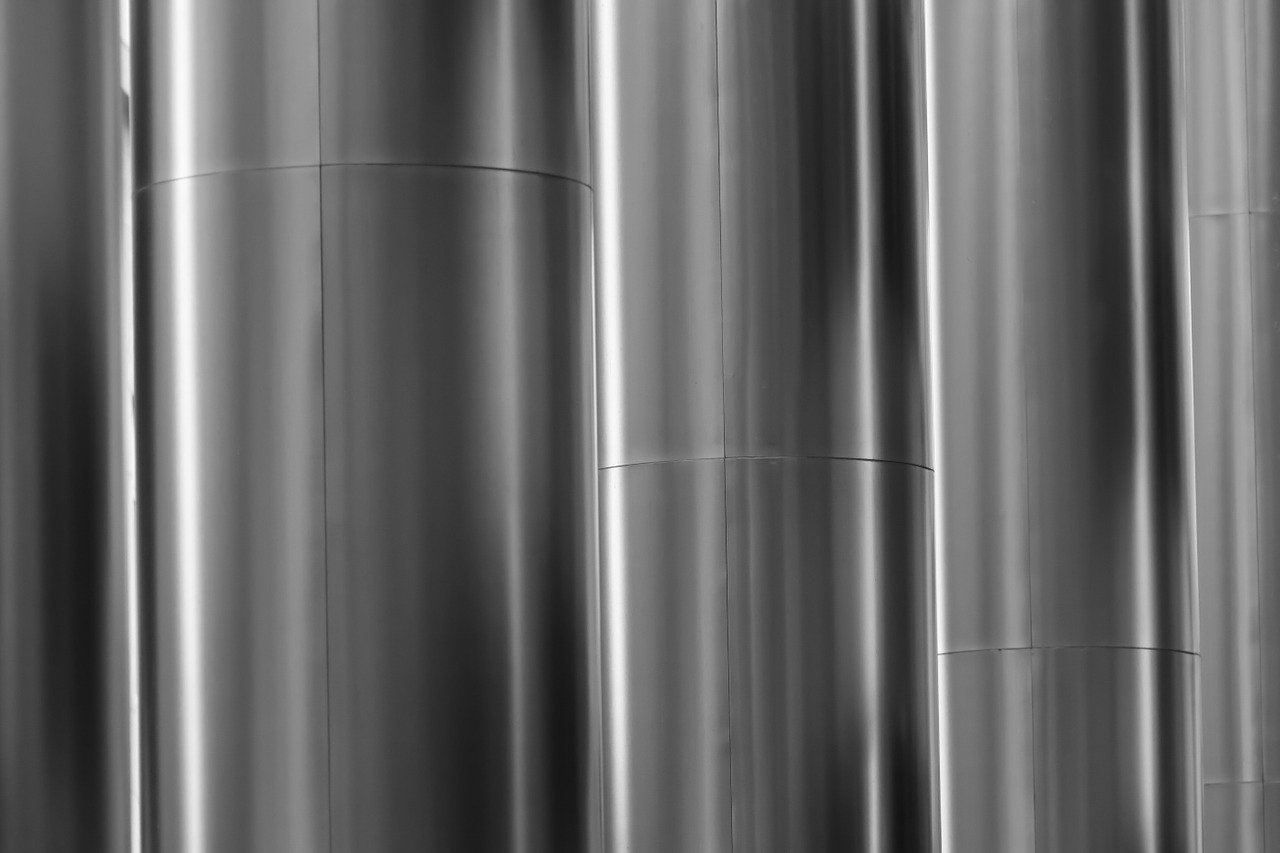JavaScript seems to be disabled in your browser. For the best experience on our site, be sure to turn on Javascript in your browser.


Aluminium or Steel: Which radiators should you choose?

Most radiators in the UK are made from steel. Steel is a versatile, reliable material that’s relatively cheap to manufacture and work with. It’s also the traditional material for making radiators since it conducts heat pretty well on top of its other qualities.
However, if you’re shopping for radiators for your home or commercial building project in the current market you will find radiators made from a huge variety of materials other than steel. For example, you can find radiators made from less common materials such as copper, glass, and even stone.
These lesser-known materials aside, the key choice for you is going to be between steel (the most common) and aluminium (becoming more popular). Read on for our comparison between steel and aluminium radiators, which we hope will help you choose between the two.
Steel Radiators
The Pros
They are widely available. As we mentioned above, since steel is the most common material for radiators to be made out of, there are simply more of them out there. The range you have to choose from is huge, with all styles and functions catered for.
They are low-priced. Connected to the above point is that, because steel radiators are so common, they are probably the cheapest option. Our DQ Stalia Towel Radiator, for example, is yours for just £122 per unit, including VAT and delivery.
They have high conductivity. Steel is a highly conductive material. Radiators made out of steel heat up very quickly compared to less common radiator materials, so you won’t be shivering in a cold house for long waiting for the place to heat up. And steel retains heat well too, so after you turn the heating off the warmth will still remain for some time afterwards.
The Cons
They have a shorter life span. Compared to aluminium radiators, steel radiators won’t last anything as long. A steel radiator will last you around 10 years on average, which isn’t bad but it’s worth doing some calculations about the costs of replacing radiators every ten years, versus investing more in radiators that won’t need to be replaced as often.
They can rust. Even when coated and painted, radiators made from steel have the propensity to rust. Old radiators in particular (those that probably should have been replaced years ago) will often have that grungy orange crust around key areas. It’s possible to mitigate the chances of your steel radiators rusting, however, by caring for them properly. Checking regularly for leaks and fixing or replacing them where required, for example. Flushing the system can also help prevent rust, and you can even add a rust inhibitor into the system during the process.
Stainless steel is more expensive. Not all steel radiators are created equal! Stainless steel radiators are a popular choice, since they are beautiful and stylish, for example, our trendy, mirrored surface Reina Flox Stainless Steel Horizontal Radiator. That stylish look can come with a price premium though (although it’s also worth remembering that stainless steel is more energy efficient than conventional steel, too: up to 15% more).

Aluminium Radiators
The Pros
The fantastic designs. Perhaps because aluminium is a relatively new material for making radiators, there are some fabulous designs out there that use the material to try new things. It seems to be the material of choice for newer, designer radiators. For example, we’re huge fans of this undulating Carisa Angers Vertical Aluminium Radiator.

They’re environmentally friendly. While no manufactured product is entirely free from having an environmental impact, aluminium is easily recyclable and radiators made from recycled aluminium are becoming increasingly commonplace. So you can feel better about your environmental choices if you go with aluminium for the radiators in your project. In fact, probably the only way to be more eco-friendly with your radiator choices would be to dig around in skips for old cast iron radiators, but there’d be a huge trade-off in heating efficiency.
They’re energy efficient. As hinted at above, aluminium is an energy efficiency dream as a radiator material. While steel is a good, highly conductive material, it’s got nothing on aluminium. Aluminium not only heats up faster, it needs less water in it in the first place, meaning birther savings in heating costs. Pair that with the recycled material it's made from and you’ve got potential a winner where the environment is concerned.
The Cons
They are made from a softer material. Aluminium is a softer, more flexible material than steel. What this means in practice regarding radiators made from these materials is that when you hit your knee on a steel radiator it’s much more likely to leave a dent in you than you are in it. Whereas with aluminium radiators, the more pliable metal dents much more easily, meaning you have to be more careful around them.
They are more expensive. While this may be connected to how common aluminium radiators are compared to steel and may change in future as aluminium radiators continue to gain in popularity, there’s no getting away from the fact that aluminium radiators come with a price premium.
They cool down very quickly. We pointed out above that steel radiators retain the heat you put into them for a long time. And while aluminium radiators heat up fast, which is a plus for efficiency, they also cool down fast, too. So you might end up putting the heating back on sooner than you would have otherwise.
Final Thoughts
We hope we’ve given you plenty to go on in choosing between steel and aluminium radiators. They both have their advantages and disadvantages, and if you need more information we’re always happy to help.Oh, and one final, practical point in favour of aluminium is that it’s lightweight, so if you have crumbly or weak walls in your project you might want to go with aluminium instead of steel for that reason alone. Certainly, a reason to steer clear of those beautiful but incredibly heavy cast iron radiators, anyway…
If you have any questions about any of our materials or radiators, please contact us right away. Our award winning team of professionals are always happy to help.



































